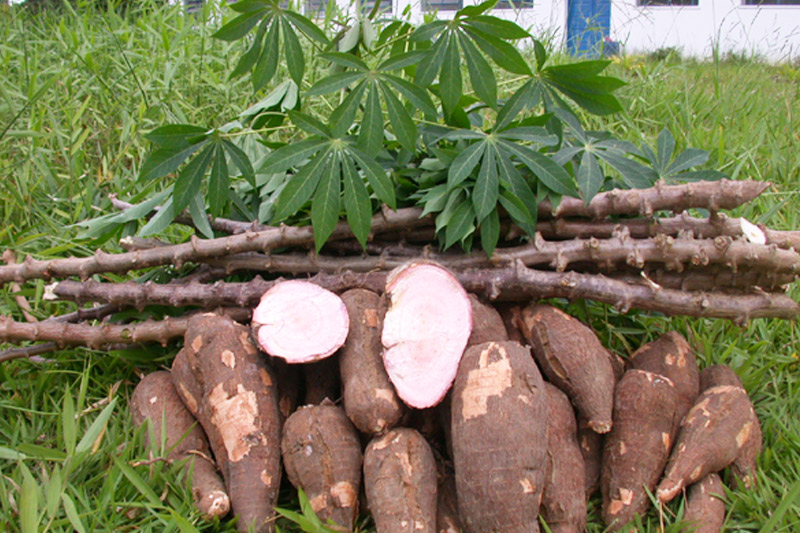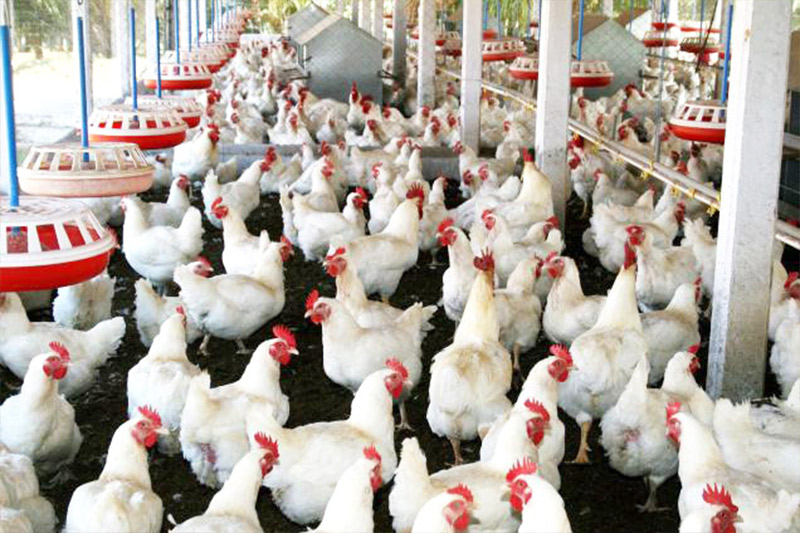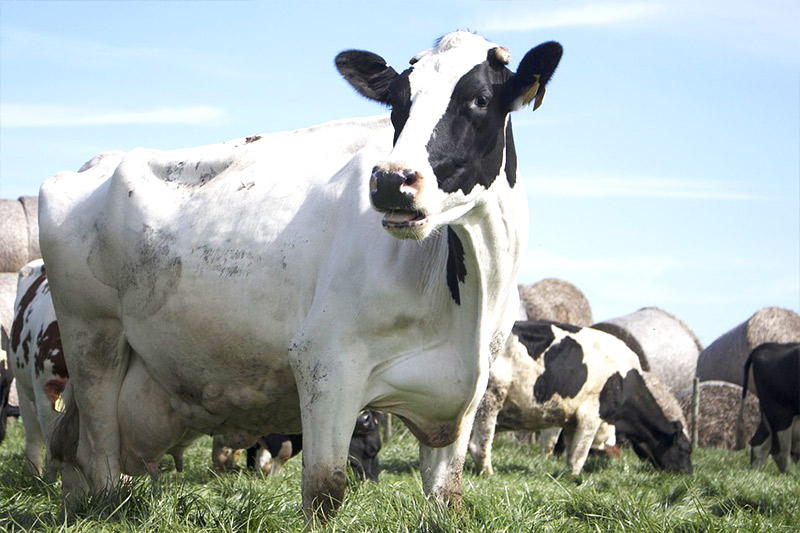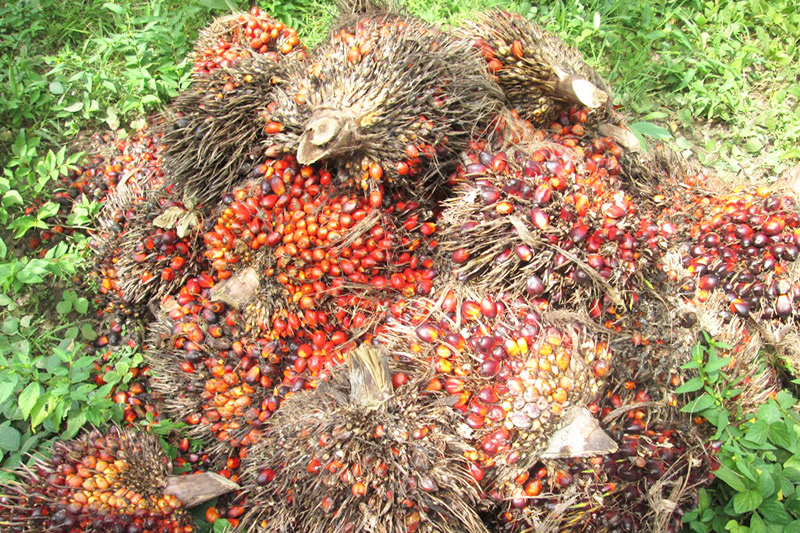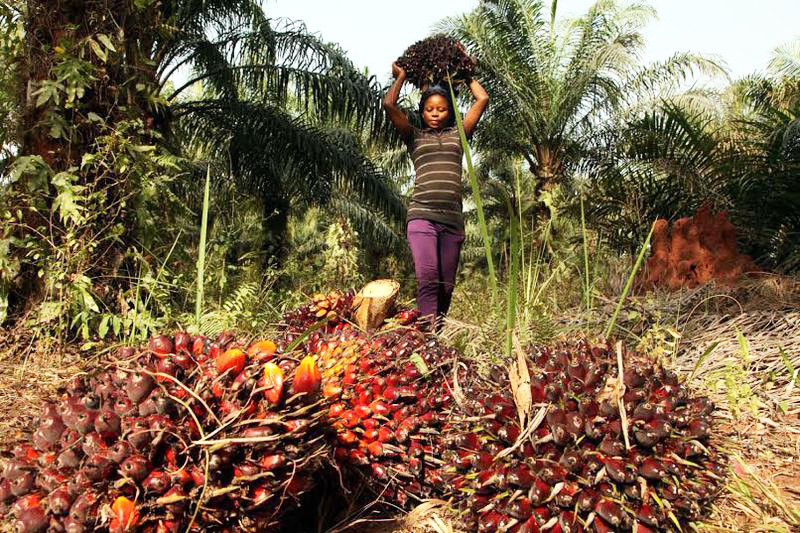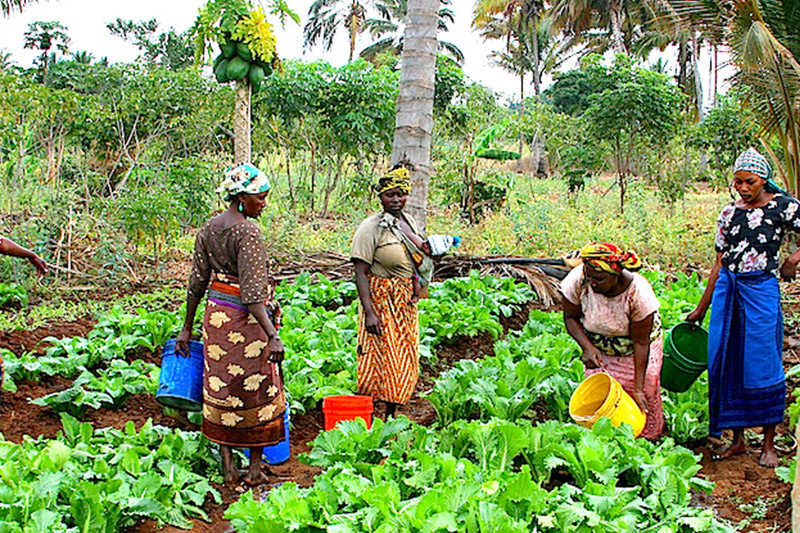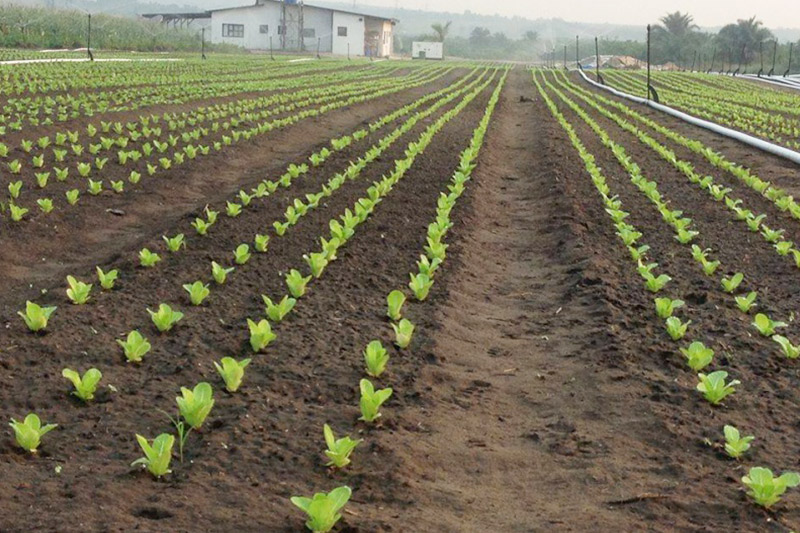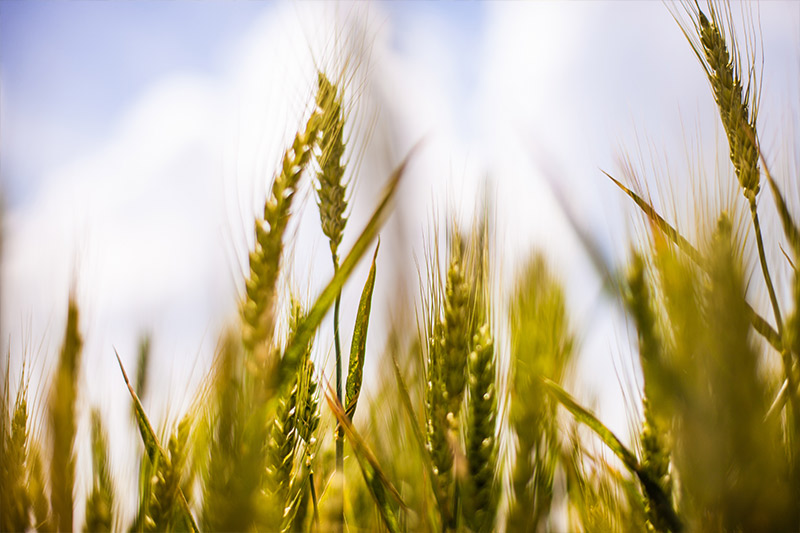[vc_row][vc_column][vc_column_text]Cassava is a staple of choice across cultures and social divides in Nigerian households. The majority of the tuber produced is consumed locally as traditional meals. It is the...
[vc_row][vc_column][vc_column_text]Rice is one of the most important food commodities in West Africa. Studies conducted in Nigeria re-veal that rice constitutes over 20% of total food expenditure among urban and...
[vc_row][vc_column][vc_column_text]The Nigerian poultry industry is estimated at ₦80 billion ($600 million) and is comprised of approximately 165 million birds, which pro-duced 650,000 MT of eggs and 290,000 MT of...
[vc_row][vc_column][vc_column_text]If you purchase milk for your child, bowl of cereal, or coffee in Nigeria, it is highly probable that it is powdered milk or liquid milk reconstituted from imported...
[vc_row][vc_column][vc_column_text]Indigenous to West Africa, oil palm is an important crop for both industrial, retail and consumer markets. In 2013, West Africa’s palm oil output was 2.2 million metric tons...
[vc_row][vc_column][vc_column_text]Agricultural insurance is a major tool for farmers and other stakeholders to use in managing risk. Generally, insurance protects against production-related risks (pests, diseases, farming practices) and market &...
[vc_row][vc_column][vc_column_text]Over the years, women have established more defined roles in agriculture. In Nigeria, women are involved in agricultural production, processing and utilization. A woman’s role in the agricultural sector...
[vc_row][vc_column][vc_column_text]The backbone of any agricultural revolution is access of farmers to modern agricultural inputs. These agricultural inputs range from improved seeds, fertilizers and crop protection chemicals to machinery, irrigation...
[vc_row][vc_column][vc_column_text]Agriculture is the largest sector in the Nigerian economy, accounting for 22% of Gross Domestic Product (GDP) and roughly 70% of employment. Additionally, a large share of Nigeria’s food...
[vc_row][vc_column][vc_column_text]Agriculture accounts for 35% of the Gross Domestic Product in West Africa (ECOWAP, 2013), and remains the largest contributor to GDP across West African countries. In fact, the region...

